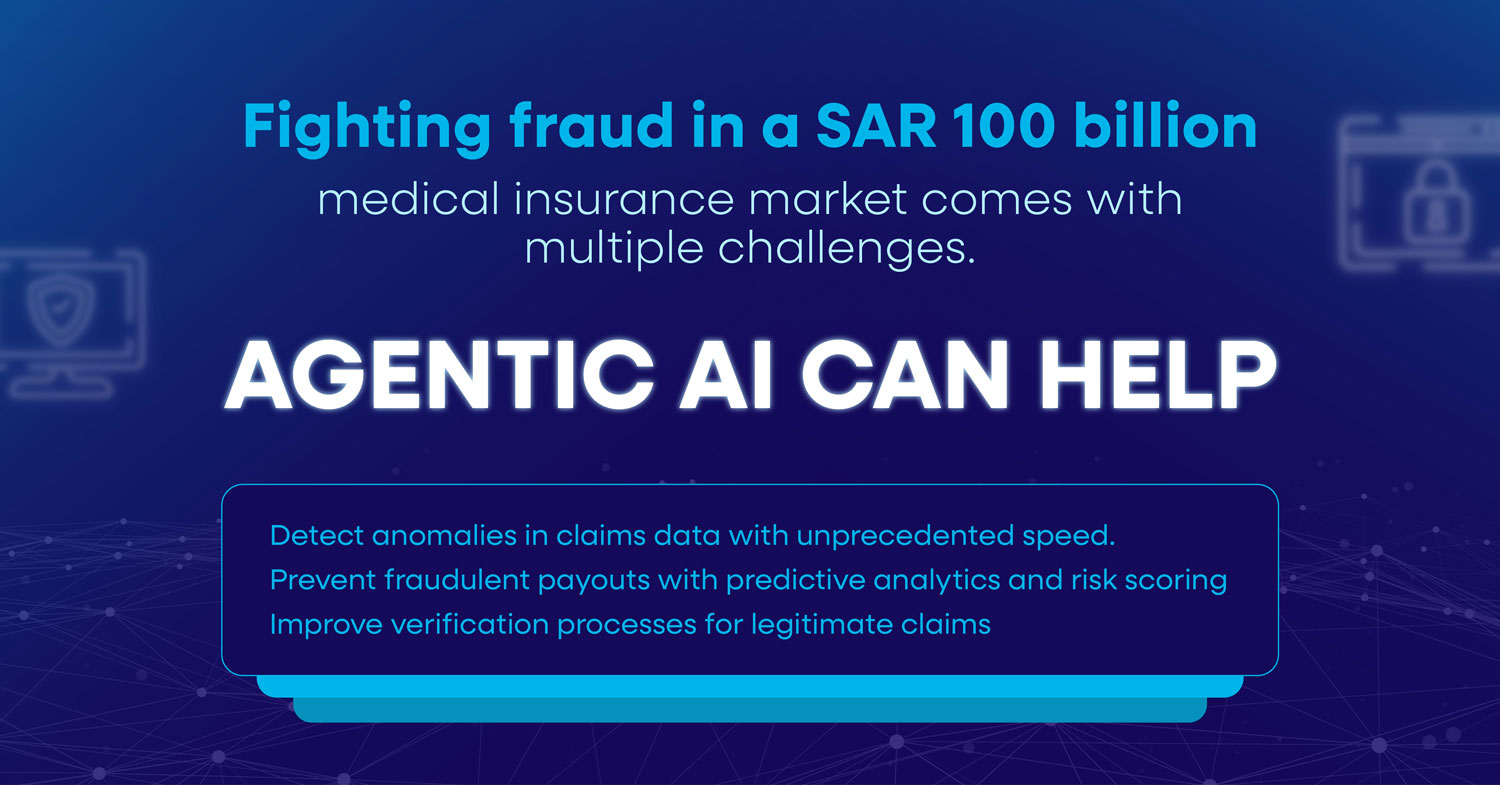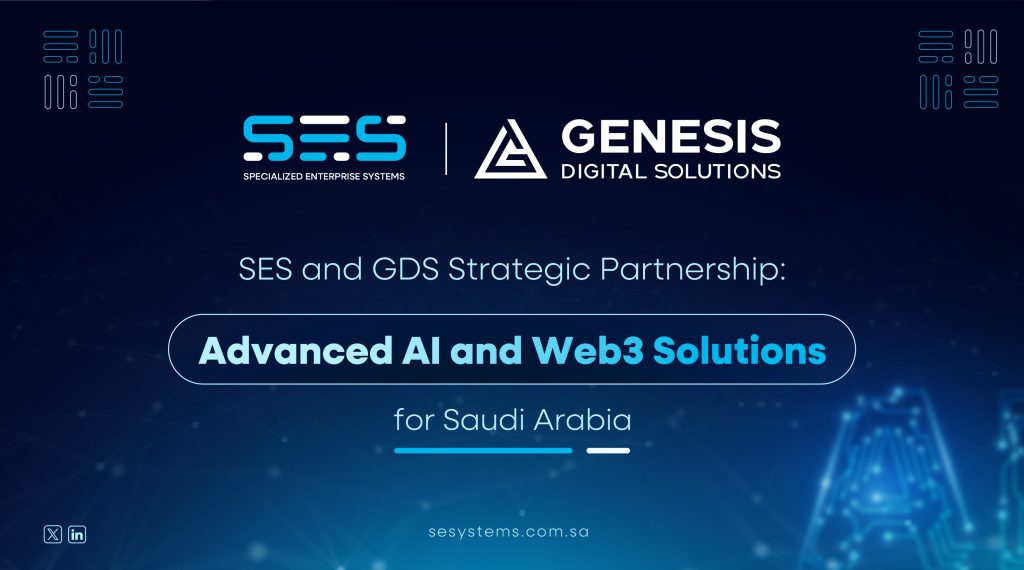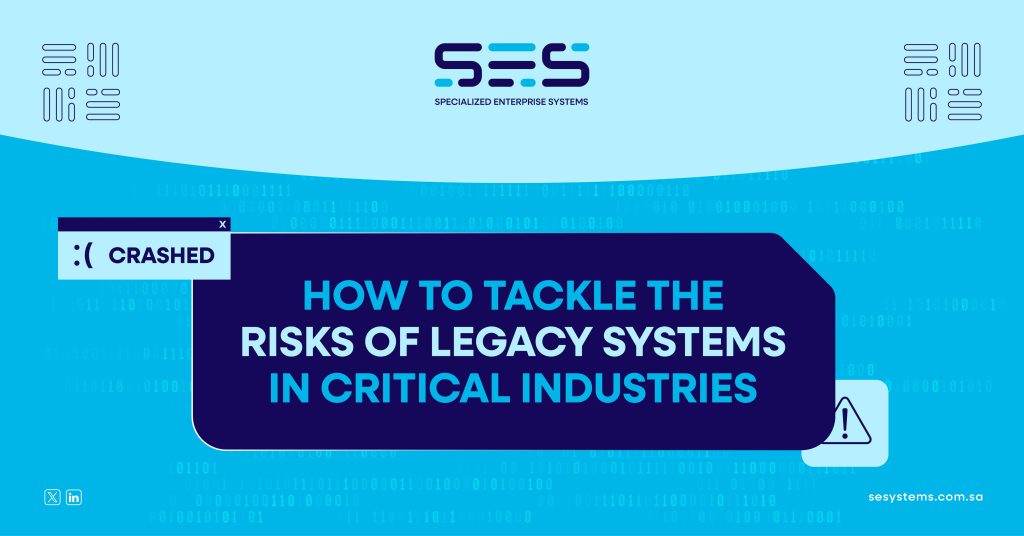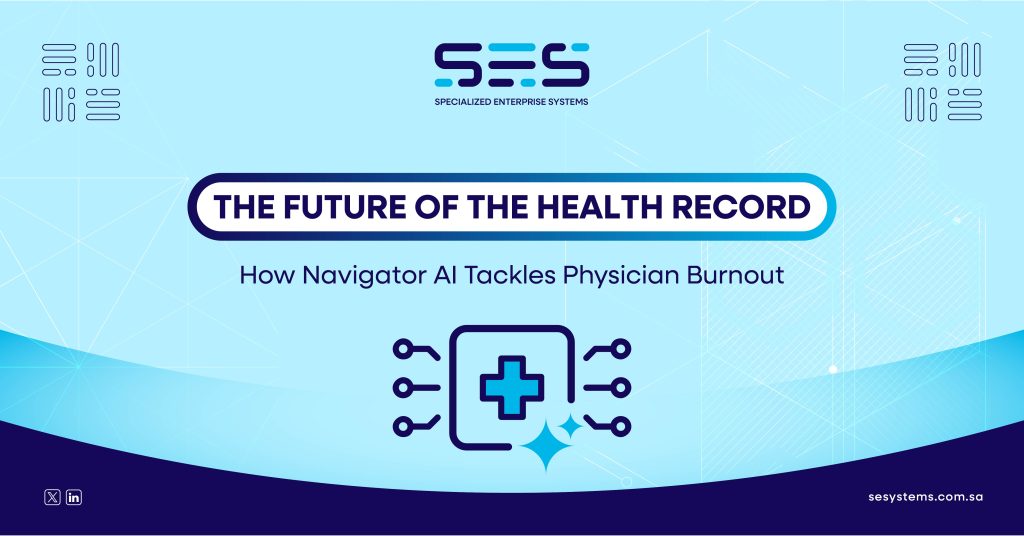The Middle East’s medical costs are on the rise — and so is the potential for insurance fraud. Saudi Arabia’s general insurance market is set to grow significantly over the next four years, up from SAR 68.8 billion in 2024 to SAR 105.3 billion in 2029. Of this, medical insurance takes by far the largest market share (around 50%), with 26 health insurance businesses and 5,202 healthcare providers as of 2020.
Outpatient care sees the vast majority of fraud cases in KSA, primarily in invalid medical card usage in dental services followed by deceit in obstetrics and gynecology.
It’s a major business risk for health insurers and providers. Fraud costs the global health industry billions of dollars each year (up to 15% of healthcare expenditure).
And employment regulations complicate matters further: all private companies are legally required to provide health insurance for employees, including expats — who make up over 40% of the Kingdom’s population. This increases the volume and diversity of medical claims, as well as complexity of verification and the potential for opportunistic fraud.
Why Traditional Fraud Detection Isn’t Enough (and How AI Steps Up)
Traditional, manual fraud review processes just aren’t equipped to handle these growing challenges at scale. Agentic AI holds the solution.
Agentic AI is an advanced AI system made up of autonomous “agents” designed for specific tasks. These agents can behave and interact independently, allowing insurers to identify fraud earlier, more accurately, and at an unprecedented scale.
Here’s how Agentic AI helps insurers fight fraud:
- Detecting Anomalies and Suspicious Patterns:
Agentic AI can spot inconsistencies in claims data with incredible speed and precision. While human reviewers might miss subtle indicators, AI algorithms can instantly flag unusual billing codes, unexpected frequencies of certain procedures, or deviations from typical patient behavior.
AI could, for example, quickly identify a pattern of excessive dental claims tied to a specific medical card or an unusually high number of obstetrics-gynecology claims from a particular provider, immediately flagging them for further investigation. - Predictive Analytics and Risk Scoring:
By analyzing vast amounts of historical fraud data, AI models learn to identify the characteristics and behaviors commonly associated with fraudulent claims.
This allows insurers to assign a real-time risk score to incoming claims, prioritizing those with higher scores for immediate scrutiny. The proactive approach helps prevent fraudulent payouts before they happen. - Enhancing the Verification Process:
With the increasing diversity and sheer volume of claims, especially from the large expatriate population, verifying the legitimacy of each claim can be a huge drain on resources.
AI can automate significant parts of this process, cross-referencing patient information, medical histories, and provider details against multiple databases to ensure accuracy and legitimacy. This includes verifying medical card validity and confirming the appropriate use of services.
The Transformative Impact of AI on KSA’s Medical Insurance Sector
By embracing Agentic AI, Saudi Arabia’s medical insurance sector can significantly strengthen its defenses, protecting against financial losses and ensuring the integrity of its rapidly expanding healthcare system. It’s a win-win-win for everyone involved:
- For Insurers:
Insurers stand to gain substantially from Agentic AI’s fraud detection capabilities. This translates directly into reduced financial losses (potentially saving millions of riyals annually) and vastly improved operational efficiency through streamlined claim processing and lower administrative costs.
This efficiency also means faster claim settlements for legitimate claims, boosting customer satisfaction and enhancing your reputation. Ultimately, a more secure system can lead to more competitive premium rates across the market. - For Healthcare Providers:
Agentic AI offers significant advantages for providers too. By reducing the overall burden of fraud, providers can expect quicker and more reliable reimbursements for your services. AI can also help identify and rectify accidental billing errors, leading to fewer claim rejections and reduced administrative overhead.
Plus, AI agents can manage health appointments (scheduling, rescheduling, check-in automation) and handle insurance claims assistance (tracking, inquiries, co-pay info, approval follow-ups), freeing up capacity for staff.
- For Patients:
Patients are key beneficiaries of a robust, AI-powered fraud detection system. The reduction in fraudulent claims can lead to more stable and potentially lower insurance premiums over time, making healthcare more affordable and accessible.Faster and more accurate processing of legitimate claims also means quicker access to necessary medical services when patients need them most.
The Strategic Edge
Ultimately, Agentic AI gives Saudi Arabia’s medical insurers a critical pathway to improved integrity and operational resilience. This isn't just about reducing losses; it's about actively growing your market share by building a more trusted and efficient system.
Ready to see how Agentic AI can transform your medical insurance operations? We'd love to chat.









